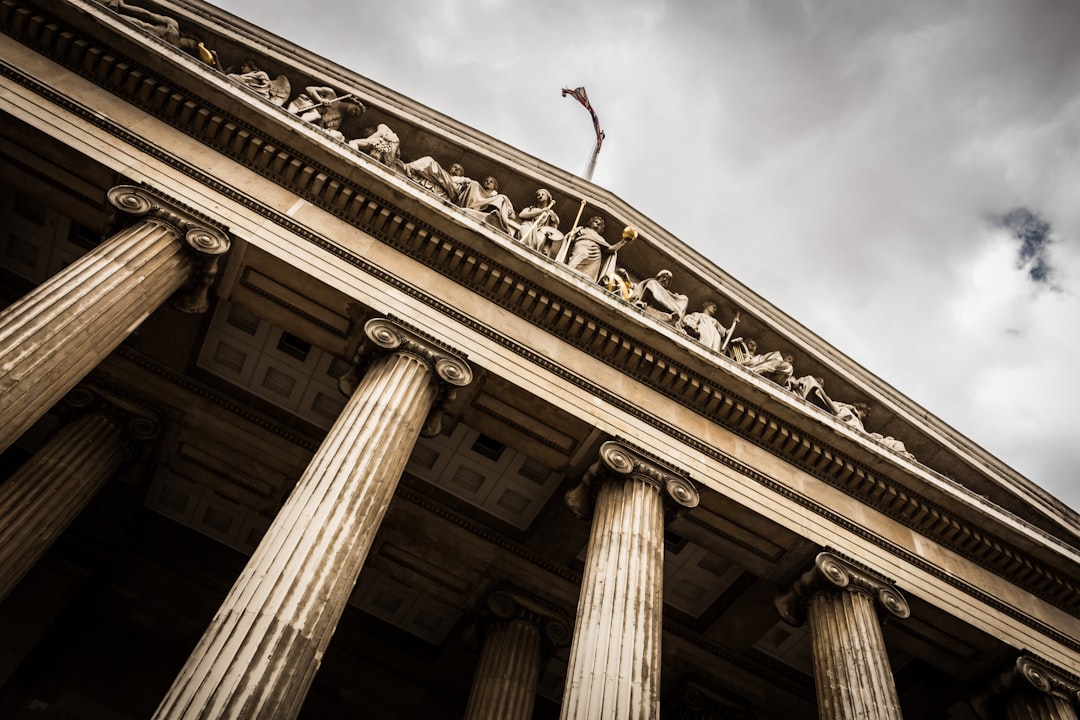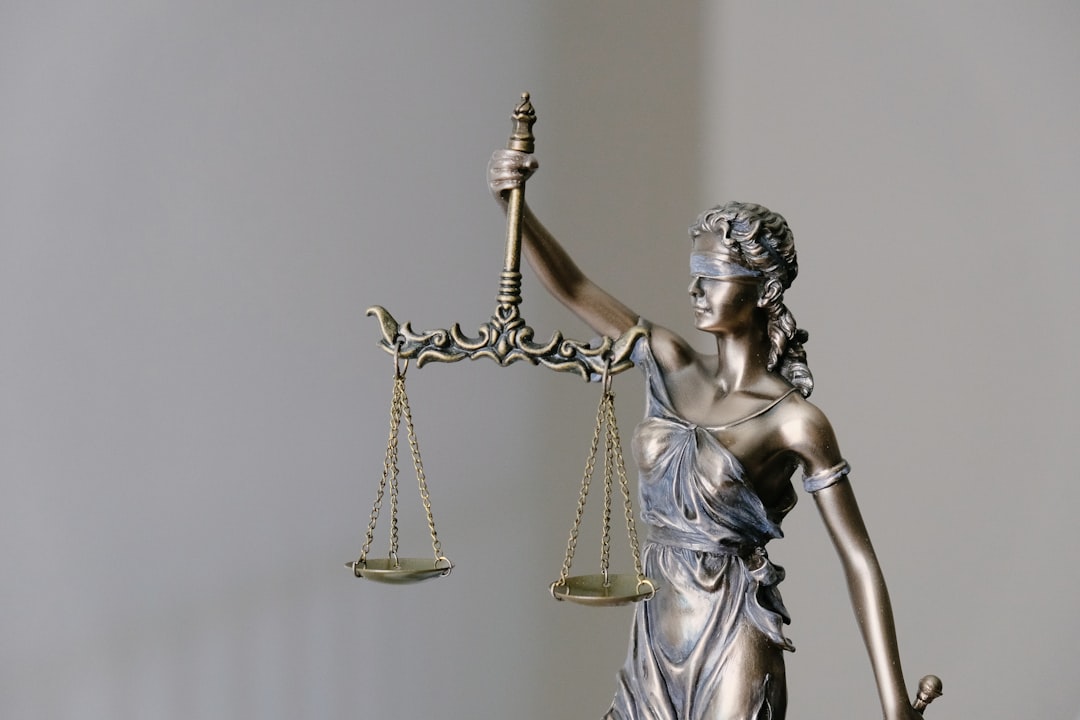Creating safe reporting environments in Tupelo schools is essential for student well-being, mandated by Mississippi law. School abuse attorneys play a vital role in preventing and addressing physical, emotional, and sexual abuse, collaborating with educators to establish comfortable spaces for students to voice concerns without fear of retaliation. By implementing clear channels, staff training, and regular audits, these attorneys promote early intervention, foster accountability, and help Tupelo schools create healthier learning environments.
In every educational institution, fostering a safe reporting environment is paramount to protecting students and ensuring their well-being. This article explores the critical need for secure reporting systems within Tupelo schools, especially in light of potential school abuse. We delve into legal perspectives from a Mississippi school abuse attorney, highlighting the importance of understanding and preventing such incidents. By implementing effective strategies, Tupelo can create a safer, more supportive learning environment for all students.
Understanding the Importance of Safe Reporting Environments in Schools

Creating a safe reporting environment in Tupelo schools is paramount to ensuring the well-being and security of students. A culture where students feel comfortable and empowered to report incidents of school abuse, whether physical, emotional, or sexual, is crucial for fostering a positive learning atmosphere. Mississippi laws mandate reporting of such abuses, emphasizing the responsibility of educators and administrators to create safe spaces for students to voice their concerns without fear of retaliation.
A safe reporting environment not only protects students but also enables early intervention, potentially preventing further harm. With the help of dedicated school abuse attorneys in Mississippi, schools can establish robust reporting systems, conduct thorough investigations, and implement preventive measures. This proactive approach not only safeguards students but also holds perpetrators accountable, thereby promoting a healthier and more secure educational setting for all.
Identifying and Preventing School Abuse: Legal Perspectives from a Mississippi School Abuse Attorney

In Mississippi, the role of a school abuse attorney is pivotal in ensuring that educational institutions maintain safe environments for students. School abuse attorneys leverage legal frameworks to identify and prevent instances of abuse within schools. They advocate for policies that protect children from physical, emotional, and sexual misconduct, working closely with administrators, educators, and parents to establish robust reporting mechanisms. By understanding the legal landscape, these attorneys play a crucial role in holding institutions accountable and fostering a culture where student safety is paramount.
Through litigation and policy advocacy, Mississippi school abuse attorneys bring awareness to potential risks and promote best practices. They guide schools in implementing comprehensive safety protocols, including staff training, student education, and regular audits. By combining legal expertise with a commitment to child welfare, these professionals contribute significantly to the prevention of school abuse, ensuring that Tupelo’s students can learn and grow in a secure setting.
Implementing Effective Strategies for Secure Reporting Systems in Tupelo Schools

Creating a safe reporting environment in Tupelo schools is paramount for fostering a healthy learning atmosphere. To establish secure reporting systems, schools should implement effective strategies that encourage students to come forward without fear of retaliation. This includes setting up clear and confidential reporting channels, ensuring student-centric policies, and providing adequate training for both students and staff on recognizing and reporting incidents of school abuse.
A collaborative approach involving administrators, teachers, counselors, and even local school abuse attorneys in Mississippi can significantly enhance the effectiveness of these systems. Regular workshops, awareness campaigns, and open dialogues can help in identifying potential issues and addressing them promptly. By integrating technology for anonymous reporting and implementing robust feedback mechanisms, schools can create a culture where every voice is heard and acted upon, ultimately safeguarding the well-being of all students.






